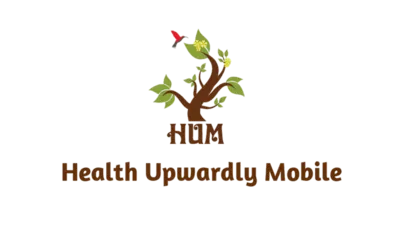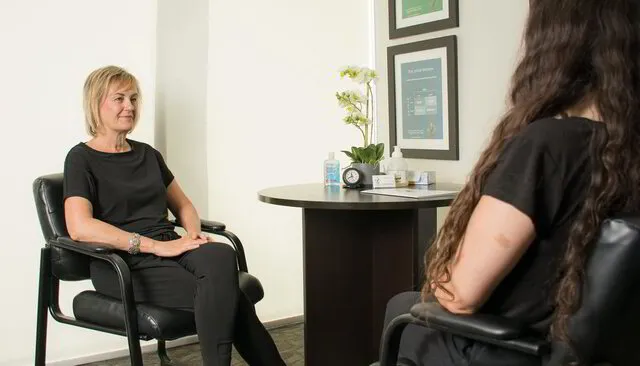Addiction Involving Opioids
In our society today, increasing numbers of people are prescribed opioids for physical health symptoms. Unfortunately, without proper monitoring and appreciation of the risk of Addiction, what starts off as pain management can uncover unmanageability with Addiction involving opioids. Wherever the journey with opioids drugs started, often by the time people are seeking opioid addiction recovery they are finding themselves using more frequently, in higher doses, and with less benefit than they had experienced in the past. Addiction involving drugs is a chronic medical condition that requires assessment and treatment. With Addiction involving drugs, the ability to make healthy choices becomes no longer possible. The drug(s) begin to start controlling your life, making life more unmanageable. With Addiction, drug use is a symptom of what is happening in the brain and the person is seeking escape, relief and/or reward. Unfortunately there is no off switch and there is an ever increasing desire for more.
If you're dealing with opioid use, certain behaviors and indicators might suggest that you're facing this challenge:
- Strong Urges Despite Consequences: You might feel a compelling desire to keep using opioids, even if it's causing difficulties in your life.
- Physical and Emotional Changes: When you attempt to reduce or stop opioid use, you could experience changes in how you feel physically and emotionally.
- Impact on Daily Life: Opioid use might affect different areas of your life, such as work, school, and relationships, making it more challenging to manage your responsibilities.
- Focused Thoughts and Actions: You might find that a significant portion of your time is occupied by thoughts related to opioids, getting them, using them, and recovering from their effects.
- Influence on Daily Activities: Your use of opioids might start to influence your daily routine and other important parts of your life.
- Physical Well-being: Opioid use can have implications for your physical well-being, potentially leading to health concerns over time.
- Change in Motivation: Addiction can lead to a shift in your motivation to engage in activities that were once important to you.
- Shift in Tolerance: Over time, you might notice that you need higher amounts of opioids to achieve the same effects, as your body adapts to their presence.
- Adjusting Usage for Comfort: If you're increasing the amount of opioids you take to experience the relief or effects you initially felt, it could indicate changes in your relationship with opioids.
- Physical Reliance: With ongoing opioid use, your body might become reliant on the substance. This can lead to stronger cravings and an increased need to prevent discomfort, which can escalate as your opioid use continues.
How does treatment for Addiction involving opioids work at HUM?
Addiction involving opioids is part of Addiction as a primary, chronic brain disease, so treatment is needed specifically for opioids and generally for other aspects of Addiction. Medications may be required for withdrawal management or maintenance. Continuing care is essential to optimize outcomes and reduce relapse risk after the acute withdrawal period and/or stabilization on maintenance. Successful withdrawal management and detoxification may be part of the treatment process but should not be seen as an end in itself. Often people are preoccupied with getting off the substance and have difficulty focusing on recovery beyond abstinence. Social and peer support is essential and participation in 12-step groups such as AA (Alcoholics Anonymous) and NA is encouraged. In addition, other recovery actions such as meditation and journaling are recommended as part of the bio-psycho-social-spiritual framework of recovery.
Available Services For Opioid Addiction
Comprehensive assessment
If you are concerned about your alcohol use, it is recommended to start with the comprehensive assessment. The assessment includes 3 appointments at our Calgary location and is designed to get to know you, determine the acuity of your issues and appropriate treatment recommendations that are individualized based on your needs. The 3 appointments include an initial nursing assessment, an assessment with a registered psychologist or social worker and thirdly with a medical doctor.
1 hour individual psychotherapy sessions
At HUM, we use a range of techniques based on experiential relationship building, dialogue, communication and behavior change that are designed to improve the mental health of an individual,and improve relationships with others (eg. family). Our goal is to provide an open, supportive, and confidential environment for you to address the issues that are concerning you. These principles can also be provided through couples/family sessions.
1 hour couples/family psychotherapy sessions
This provides the opportunity to clarify boundaries, identify what may be individual issues for people to work on, while addressing issues jointly without telling each other what to do.
2 hour weekly group psychotherapy with professional facilitators
The recovery support groups are process oriented therefore the structure of each group is fluid and reflective of the needs and current issues raised by group members. Group members have an opportunity to process their life issues and reflect on their recovery including successes and challenges they are facing. Group therapy allows individuals to discuss issues with the support of others in recovery, provide and offer feedback, build a recovery network and increase accountability.
An 18 day (144 hour) intensive outpatient program (IOP)
The IOP is spread out over 3 Phases and 3 months with a weekend family/friends program included. The IOP is designed for those wanting more intensive treatment who have identified having an issue with Addiction, Mental Health and/or Chronic Pain.
Medication Assisted Recovery (MAR)
Methadone and Suboxone are available by prescription for patients at HUM. These medications may be used as part of the treatment plan for Addiction involving opioids as needed after consultation with a HUM medical doctor.
Medical Withdrawal Management
All medications that an individual may be including prescribed or over-the-counter are reviewed to determine their efficacy and interactions. Medications may be prescribed during withdrawal management, tapering or maintenance treatment. We consider symptom triggered withdrawal management that is individualized to be more beneficial than protocol driven prescriptions.
Request An Assessment


